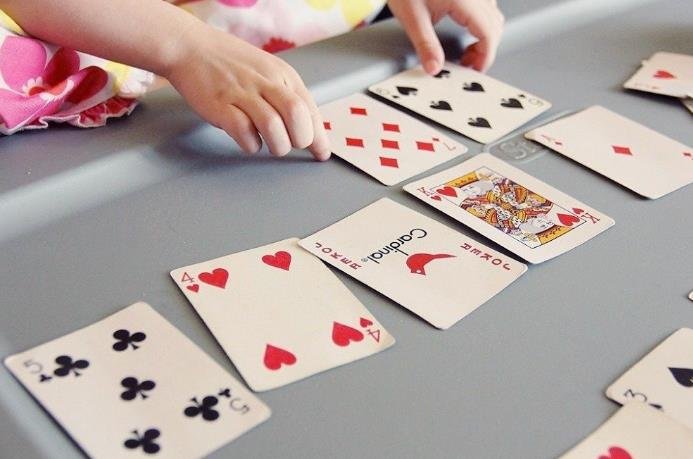Card games have been around for centuries, and it’s easy to see why they have remained a staple in our society. They’re fun, social, and mentally stimulating, making them the perfect pastime for all ages. But did you know that skill-based card games can do more than just entertain you? These games can actually enhance your cognitive abilities, improve your mental agility, and sharpen your problem-solving skills. In this article, we’ll explore the hidden benefits of skill-based card games and why they should be a regular part of your routine.
Boosting Memory and Concentration
One of the key benefits of skill-based card games is their ability to improve memory and concentration. Games like Bridge and Poker require players to keep track of a large number of cards and make quick decisions based on the information available. This constant exercise of the brain improves our ability to remember and keep our focus for longer periods. Additionally, since each round is unique, players must adapt and remain alert, further enhancing their concentration skills.
Enhancing Problem-Solving Skills
Skill-based card games also improve problem-solving skills. These games require players to analyze and assess the information available to make strategic decisions. For example, in Hearts, players have to decide which cards to play in order to avoid taking negative points. Similarly, in Blackjack, players have to decide whether to hit or stand based on their cards and the dealer’s cards. These decisions require critical thinking and strategic planning, skills that are important in real-life situations.

The Power of Skill-Based Card Games: Enhancing Your Cognitive Abilities
Improving Social Interaction
Aside from the cognitive benefits, skill-based card games can also enhance social interaction. Playing card games with others requires communication, cooperation, and negotiation. These skills not only make the game more enjoyable but are also useful in real-life social situations. Bridge, for instance, requires partnerships to work together to achieve a common goal, while Poker requires players to bluff and read their opponents.
Relieving Stress
Playing skill-based card games can also relieve stress and promote relaxation. The rules and structure of the game provide a sense of control and predictability, which can be comforting to some players. Additionally, the social aspect of playing with others can create a sense of community and belonging, which can alleviate symptoms of anxiety or depression.
Increasing Cognitive Flexibility
Lastly, skill-based card games can improve cognitive flexibility, or the ability to switch between different tasks or perspectives. Many card games involve multiple rounds and changing conditions, requiring players to adapt and adjust their strategies accordingly. This flexibility transfers to real-life situations, allowing individuals to better handle unexpected changes or challenges.
Popular Skill-Based Card Games
There are many different skill-based card games to choose from, each with its own unique set of rules and challenges. Some popular games include Bridge, Poker, Hearts, Blackjack, and Rummy. Additionally, there are many newer games that are gaining popularity, such as Magic: The Gathering and Dominion. No matter what your preferences are, there’s sure to be a skill-based card game that suits you.
Conclusion
Skill-based card games offer numerous benefits for players of all ages. They improve memory, concentration, problem-solving skills, social interaction, and cognitive flexibility. These games are not just fun and entertaining; they also have practical applications for everyday life. So, next time you’re looking for a way to pass the time, consider picking up a deck of cards and challenging your mind with a skill-based card game.
FAQs
[faq-schema id=”349″]














